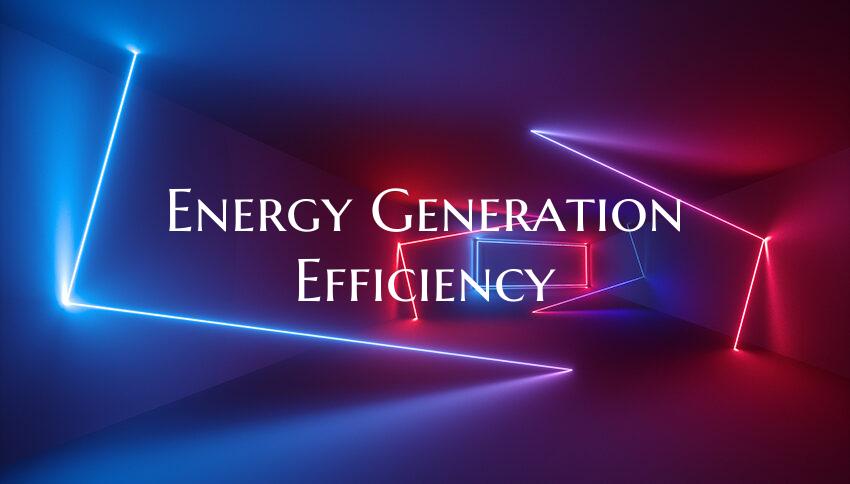Energy Generation Efficiency
In an era where concerns about environmental impact and energy sustainability are at the forefront of industrial development, optimizing energy generation efficiency has become a critical goal for power producers worldwide. Enhancing efficiency not only reduces the environmental footprint but also improves cost-effectiveness and reliability of energy generation systems. This guide explores key strategies and technologies that can be employed to maximize energy generation efficiency and contribute to a more sustainable and reliable power supply.
1. Investing in Clean Energy Technologies: Transitioning towards renewable energy sources such as solar, wind, and hydroelectric power can significantly improve energy generation efficiency. These technologies harness natural resources to generate electricity with minimal environmental impact and higher overall efficiency compared to traditional fossil fuel-based power plants.
2. Implementing Combined Heat and Power (CHP) Systems: CHP systems, also known as cogeneration, simultaneously produce electricity and useful heat from the same energy source. By utilizing waste heat that would otherwise be lost in conventional power generation, CHP systems can achieve efficiency levels of up to 80% or more, compared to the typical 30-40% efficiency of stand-alone power plants.
3. Utilizing Energy Storage Solutions: Integrating energy storage technologies such as batteries and flywheels can help balance supply and demand fluctuations in the grid, thereby increasing energy generation efficiency. Energy storage systems enable the storage of excess energy generated during periods of low demand for use during peak demand times, enhancing overall system efficiency and reliability.
4. Adopting Smart Grid Technologies: Smart grids leverage advanced digital communication and control systems to optimize energy generation, distribution, and consumption in real-time. By enabling two-way communication between utilities and consumers, smart grids enhance system efficiency by reducing energy losses, managing peak loads, and integrating renewable energy sources seamlessly into the grid.
5. Improving Energy Conversion Processes: Enhancements in energy conversion processes, such as turbine design, heat recovery systems, and advanced control algorithms, play a crucial role in increasing energy generation efficiency. By continually innovating and optimizing these processes, power plant operators can achieve higher efficiency levels and reduce environmental impact.
By embracing these strategies and technologies, power producers can take significant steps towards maximizing energy generation efficiency and transitioning to a more sustainable energy future. Investing in efficiency not only benefits the environment but also improves energy security, reduces operational costs, and enhances the overall reliability of the power supply. As we strive towards a greener and more sustainable world, prioritizing energy generation efficiency is crucial for achieving a cleaner and more resilient energy landscape.

